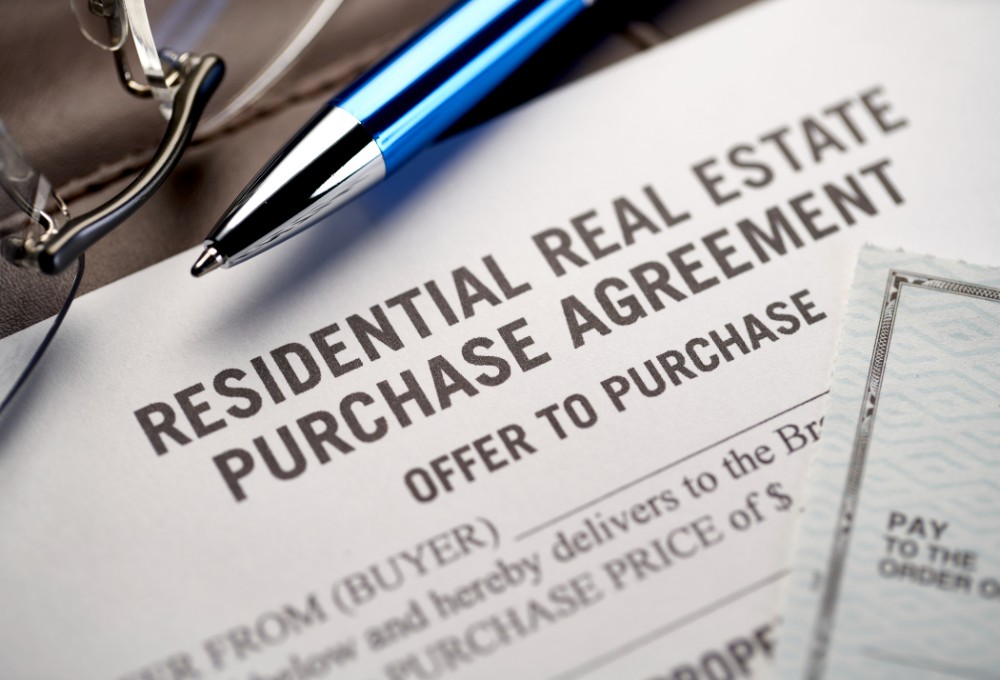
Not everyone has negotiation skills. In real estate, however, the ability to negotiate well comes with the job. It belongs to an agent’s arsenal to ensure that deals are successfully concluded.
For home sellers, negotiating can help you maximize your earnings from the sale.It’s especially crucial when a buyer’s offer is close to what you want, but not quite there yet. To help you convince a buyer to budge, here are some tips that you can use when selling your home:
Build anticipation
After listing your home on the market, schedule an open house but don’t entertain offers until after the open house. As a result, potential buyers will think there are other people interested in the property and thus give higher offers. Even if the open house yields only one offer, potential buyers may still assume there are other interested parties and will bid accordingly. If you get multiple bids, ask the top bidders for their highest or best offers. It is important to note, however, that it is unethical to accept a better offer from a new buyer when you’re already negotiating with another buyer.
Make a counteroffer
If a potential buyer’s initial bid is below your asking price, you probably won’t be too keen on accepting their offer just yet. Buyers usually expect negotiations to happen, so it can be common practice that their initial offers are naturally lower than what they’re actually willing to pay. While most sellers make counteroffers that are higher than the bid but still below their asking price for fear of losing the potential buyer, it’s not the best option when you want to maximize your profits.
The smart way to do it is to start the counteroffer at your listed price. If a buyer really wants your property, they will likely return with a better offer. When you counteroffer at your listed price, it sends a message that you know how much your property is worth. If doing this might make you seem inflexible and unwilling to negotiate, you can counteroffer just slightly below list price, by perhaps $1,000.
Reject the offer
This might seem like a gutsy move, but rejecting an offer gives an ever stronger message that your property is worth your asking price. Reject their offer and don’t counteroffer, but ask them to submit a new offer. If the buyer is really interested, they’ll resubmit with a higher offer. One advantage of rejecting an offer is that it doesn’t lock you into a negotiation with a buyer so you can accept a higher offer from another that may come at any moment. This also pressures the buyer to quickly make a more competitive offer to avoid getting bumped off.
Set an expiration date
When you’re in an ongoing negotiation, consider setting an expiration date or deadline for your counteroffer. This pressures the buyer into making a decision quickly, either allowing you to move the sale further along or put the property back on the market so you can entertain other offers. Make sure that the deadline is shorter than the default time frame in your area, but not so short that it drives away a potential buyer. For example, if the default expiration is five days, you can dial it down to three days. If the deal doesn’t push through, you can put the home back on the market a lot faster. The longer a property stays on the market, the less desirable it appears to potential buyers.
Pay for closing costs
Over the years, it has become commonplace for buyers to ask sellers to cover the closing costs, which can amount to 3% of the purchase price. If you find yourself in this situation, you can opt to have the buyer pay a little more than the original asking price. Note, however, that the new price plus the closing costs should not exceed the appraised market value of the property. Otherwise, the lender will not approve the loan for an overpriced house. Thus, your new asking price should be just enough to cover your list price after paying for closing costs.
If you need assistance with selling your home, we at The Telchin Group, LLC are happy to help you. If you’re interested in Ibis real estate and Palm Beach County homes for sale, our specialists can help you find the perfect home. Get in touch with us today at 561.301.0249, or send an email here.


